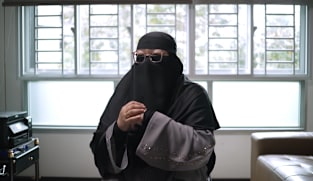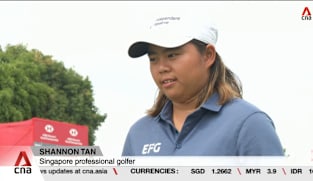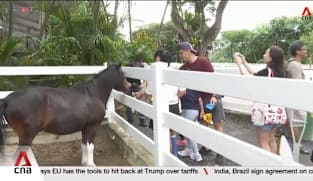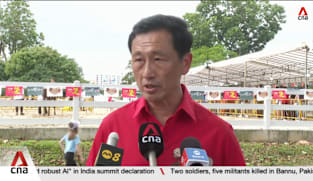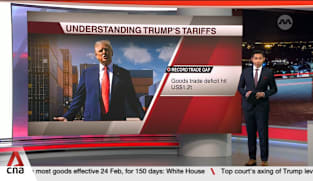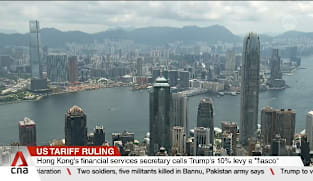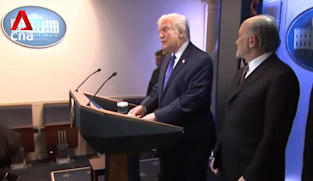Lawrence Wong on Constitution of the Republic of Singapore (Amendment No. 3) Bill
Enabling Singapore’s President and Government ministers to take on international appointments in their private capacities if it is in the national interest to do so - that was the focus of a Bill put up for debate in Parliament on Wednesday (Nov 22). It requires amending the Constitution to create frameworks for such an arrangement. Deputy Prime Minister and Finance Minister Lawrence Wong said the aim is to make the most of the expertise, experience and personal standing of individuals elected to office, so as to advance Singapore’s interests and reinforce the country’s value to the world. Citing examples of President Tharman Shanmugaratnam’s positions in the Group of 30, World Economic Forum and other organisations, which he had held since he was Senior Minister, Mr Wong explained that if the President were to serve in these international bodies purely in his official capacity, he would be limited to representing the official Singapore position in everything he says. This would not be in keeping with the requirements of those organisations nor would it be in Singapore’s interest as it would restrict the country’s ability to shape global conversations and initiatives. Mr Wong also made clear that serving in his private capacity does not mean the President is doing so outside of his work duties. Rather, these international appointments are core to the President’s role in international diplomacy and allow him, as head of state, to project Singapore’s influence and strengthen its global networks. The new framework will only apply to appointments in international organisations, any appointment must be supported by the Cabinet and the President must have a say - for example, he can decline if he considers the role to be incompatible with his constitutional functions. All appointments must also be on the public record for transparency and accountability. The Bill also creates a similar legal framework for Government ministers, who would have to obtain the Prime Minister’s permission for appointments and be subject to his instructions.
Enabling Singapore’s President and Government ministers to take on international appointments in their private capacities if it is in the national interest to do so - that was the focus of a Bill put up for debate in Parliament on Wednesday (Nov 22). It requires amending the Constitution to create frameworks for such an arrangement. Deputy Prime Minister and Finance Minister Lawrence Wong said the aim is to make the most of the expertise, experience and personal standing of individuals elected to office, so as to advance Singapore’s interests and reinforce the country’s value to the world. Citing examples of President Tharman Shanmugaratnam’s positions in the Group of 30, World Economic Forum and other organisations, which he had held since he was Senior Minister, Mr Wong explained that if the President were to serve in these international bodies purely in his official capacity, he would be limited to representing the official Singapore position in everything he says. This would not be in keeping with the requirements of those organisations nor would it be in Singapore’s interest as it would restrict the country’s ability to shape global conversations and initiatives. Mr Wong also made clear that serving in his private capacity does not mean the President is doing so outside of his work duties. Rather, these international appointments are core to the President’s role in international diplomacy and allow him, as head of state, to project Singapore’s influence and strengthen its global networks. The new framework will only apply to appointments in international organisations, any appointment must be supported by the Cabinet and the President must have a say - for example, he can decline if he considers the role to be incompatible with his constitutional functions. All appointments must also be on the public record for transparency and accountability. The Bill also creates a similar legal framework for Government ministers, who would have to obtain the Prime Minister’s permission for appointments and be subject to his instructions.








